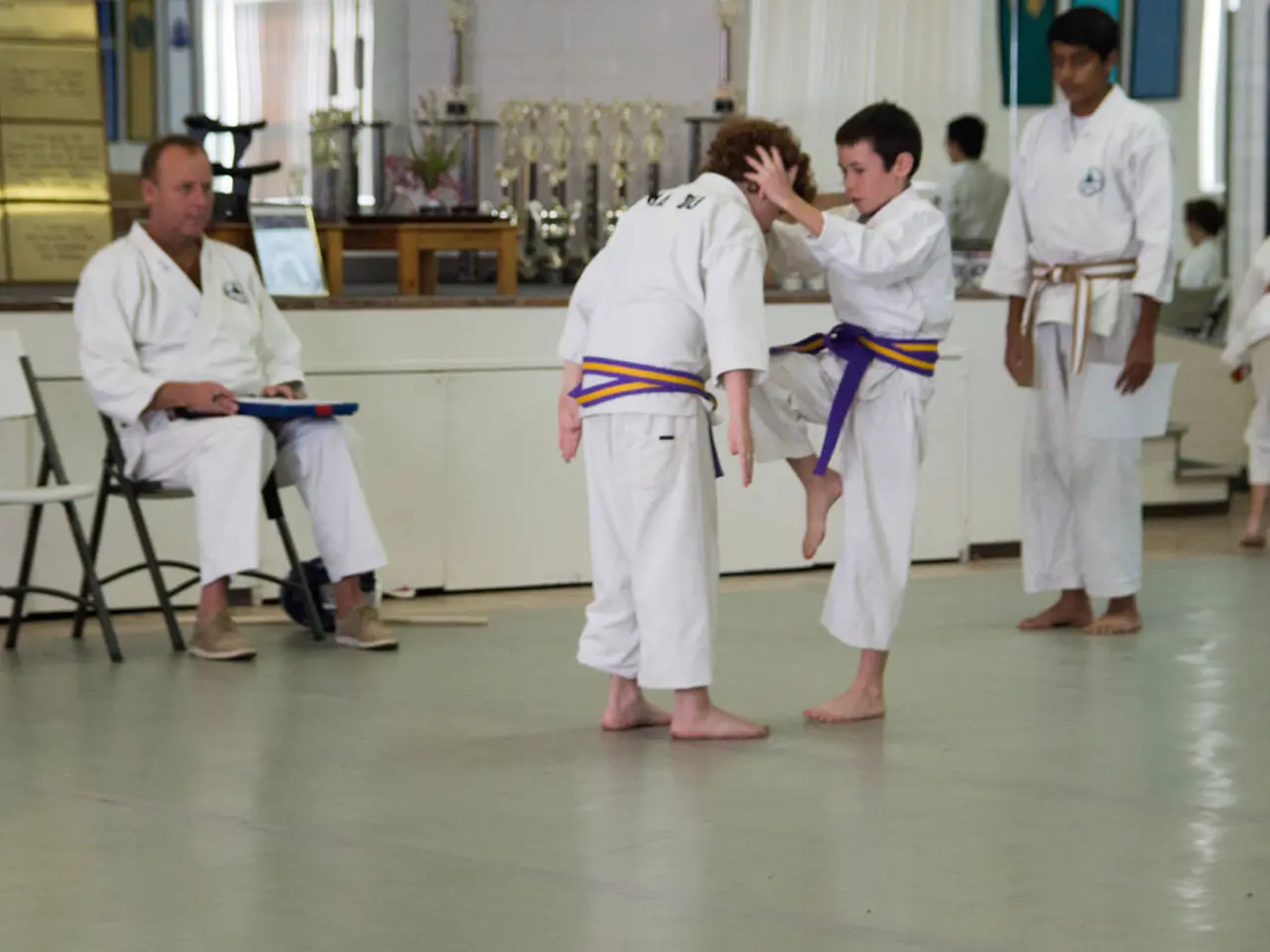"Education resumes in North Rhine-Westphalia (NRW) following the holiday break"
North Rhine-Westphalia (NRW) is set to introduce mandatory CPR training for students in secondary schools, starting from the 2026/27 school year. The training, which will be integrated into the health or physical education curriculum, aims to equip students aged around 13 to 16 (Grades 8 to 10) with basic CPR skills.
The training will be delivered primarily by school staff, such as physical education or health teachers, during regular class hours. Schools may also bring in external instructors to conduct training sessions. The focus of the training will be to ensure students understand and can perform basic lifesaving CPR techniques and use of Automated External Defibrillators (AEDs), with an emphasis on practical skills over obtaining formal certification.
Students will have the opportunity to participate in hands-on practice of CPR and AED operation, typically conducted in a classroom or gym setting suited for physical skills learning. The training will be designed to prepare students to respond effectively in emergency situations, such as cardiac arrest incidents.
Emergency preparedness plans in schools will integrate CPR training with broader responses to cardiac arrest incidents, ensuring that trained personnel and students are prepared. This approach aligns with recent trends in other regions, such as British Columbia, where Grade 10 students receive mandatory CPR and AED training during PHE classes, without requiring certification but emphasizing practical competency.
In an interview ahead of the school start, NRW Minister of Education Dorothee Feller discussed the importance of the training, highlighting its potential to empower students and contribute to a safer school environment. Bestselling author and neuroscientist Manfred Spitzer, who was also interviewed, expressed concerns about digitalization in schools but supported the initiative, criticizing the early access of children to smartphones and tablets.
The training will not only equip students with lifesaving skills but also foster a sense of responsibility and preparedness among the younger generation. It is a significant step towards enhancing emergency response capabilities in schools and promoting a safer, more confident, and self-reliant student body.
[1] British Columbia Ministry of Education. (2021). CPR and AED Training for Grade 10 Students. Retrieved from https://www2.gov.bc.ca/gov/content/education-training/k-12/support/health-wellness/cpr-aed-training
[2] American Heart Association. (2021). Schools & Youth CPR. Retrieved from https://www.heart.org/en/health-topics/cpr-and-emergency-cardiovascular-care/cpr-for-schools-and-youth-cpr
The integration of CPR training into the health or physical education curriculum in North Rhine-Westphalia's secondary schools will not only equip students with lifesaving skills but also foster a sense of responsibility and preparedness among the younger generation, aligning with similar initiatives in regions like British Columbia.
This approach towards emergency preparedness in schools is a significant step towards enhancing emergency response capabilities, contributing to a safer, more confident, and self-reliant student body, as emphasized by the American Heart Association's Schools & Youth CPR programs.




